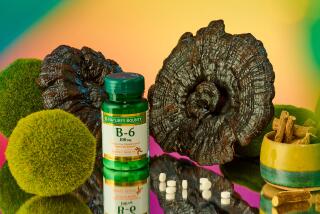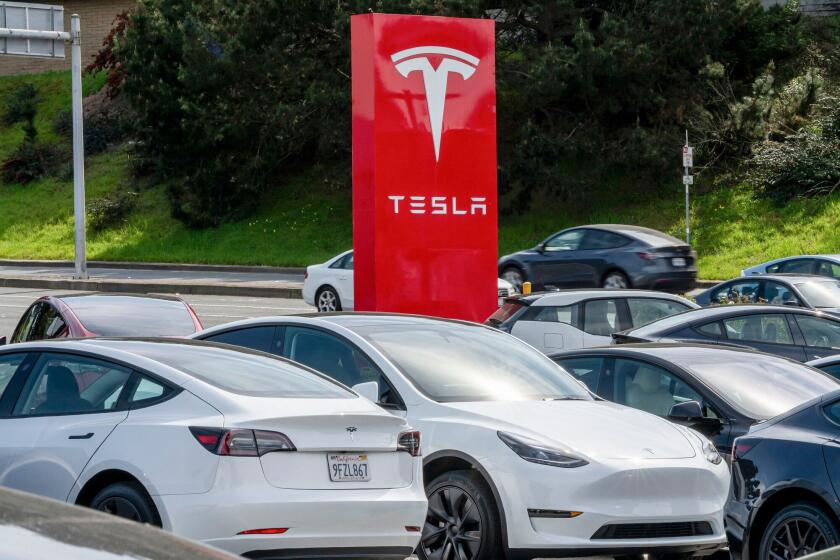Energy drinks: Just cups of coffee in disguise?
- Share via
I’ve always been intrigued by the energy-drink market -- and people’s willingness to pay a premium for what’s basically sweetened coffee.
New York’s attorney general, Eric T. Schneiderman, apparently has the same misgivings. He’s investigating whether the $9-billion energy-drink industry is duping consumers with misstatements about the ingredients and health value of its products.
Makers of the drinks, including PepsiCo and Monster Beverage Corp., say the pep potions boost energy with a mix of additives like B vitamins, taurine and ginseng.
What’s really doing the work, though, is good old-fashioned caffeine, which is the core ingredient for most energy drinks.
But you’d be hard-pressed to know exactly how much caffeine you’re getting.
For example, the label on Monster’s 16-ounce can says it contains caffeine but doesn’t say how much. 5-hour Energy also doesn’t say how much caffeine is inside the bottle, although its website says it’s about the same as a cup of coffee.
Investigators are looking at whether energy-drink makers are deliberately keeping consumers in the dark about how much caffeine they’re getting, while at the same time playing up more exotic ingredients, such as guarana, which, it turns out, is another source of caffeine.
A “tall” cup of joe at Starbucks costs about $2.
An 8.3-ounce can of Red Bull costs about $3.
That’s one heck of a markup for some sugar and a smattering of vitamins.
More to Read
Inside the business of entertainment
The Wide Shot brings you news, analysis and insights on everything from streaming wars to production — and what it all means for the future.
You may occasionally receive promotional content from the Los Angeles Times.









